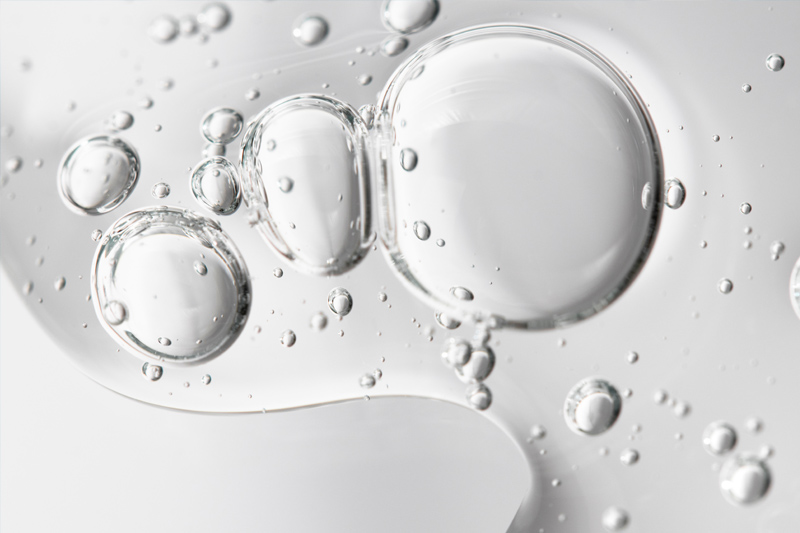
Ensuring Pharma-Grade Compliance and Consistency in Hyaluronic Acid Fermentation with ProCel®
In pharmaceutical hyaluronic acid production, performance is only half the equation. The other half lies in compliance — the ability

Cultivating microorganisms every day is the challenge that we face all together. Welcome to our Procelys magazine where Biotech Partners share their knowledge and vision to build a better tomorrow. Keep an eye on our latest contents and take the most out of our experience to boost your process.

In pharmaceutical hyaluronic acid production, performance is only half the equation. The other half lies in compliance — the ability
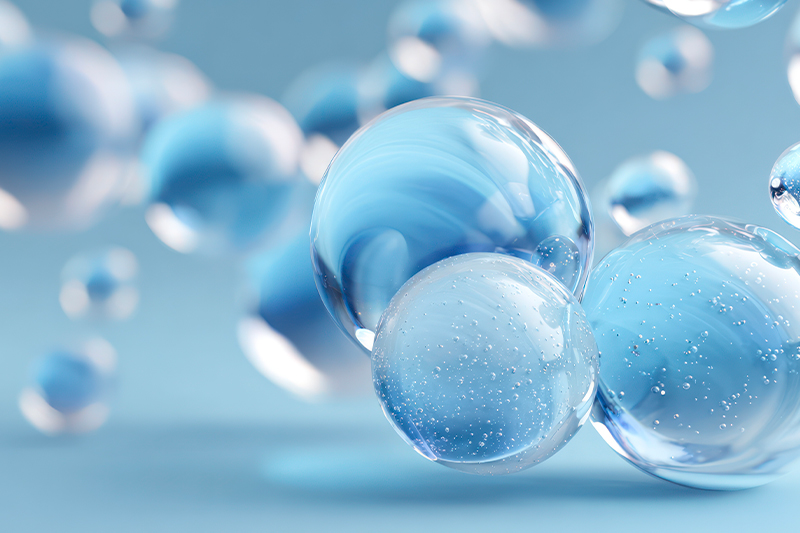
In the fast-evolving landscape of hyaluronic acid production for cosmetic and nutraceutical applications, consistency, yield, and downstream clarity are critical.
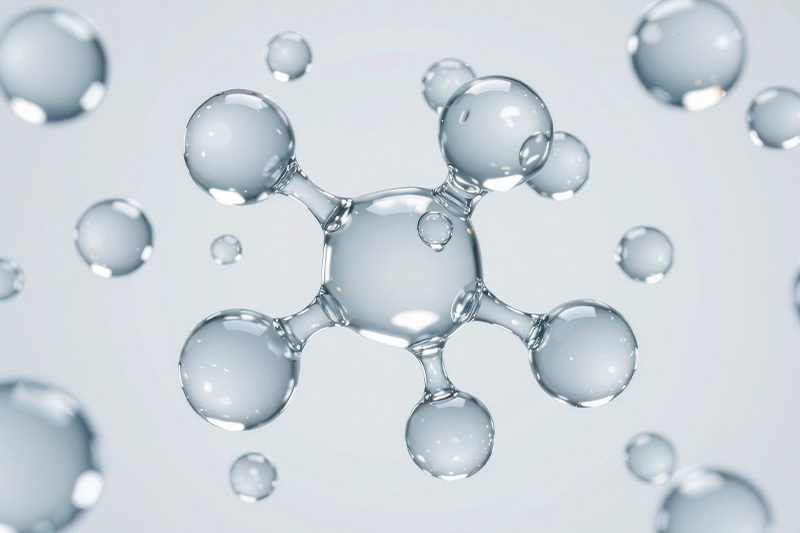
Table of Contents 1. Fundamentals of Hyaluronic Acid What is hyaluronic acid and why is it important in pharma, cosmetic,
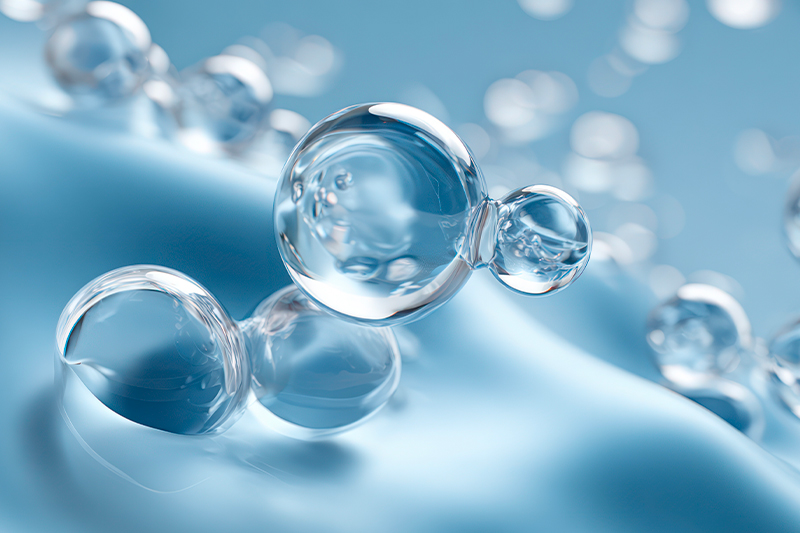
Producing hyaluronic acid at industrial scale is expensive. Between long fermentation cycles, inconsistent batch performance, and costly downstream purification, manufacturers
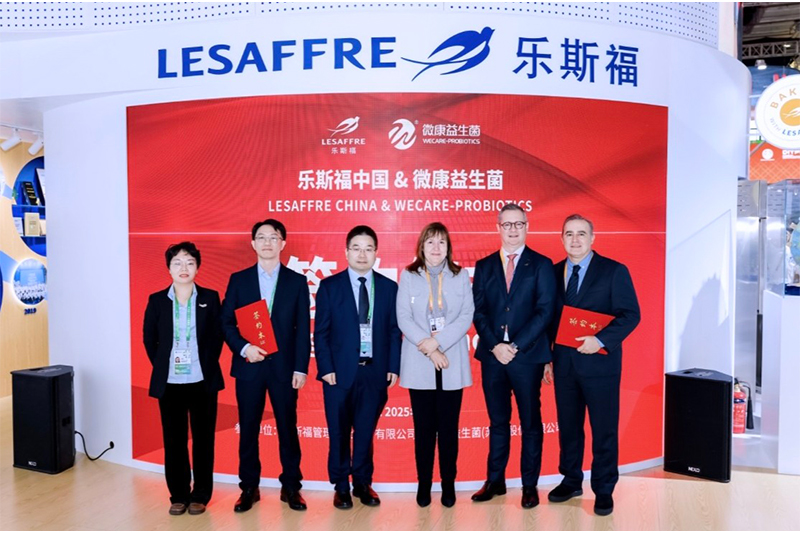
Shanghai, November 9, 2025 – During the China International Import Expo, Lesaffre and Wecare held a grand signing ceremony for
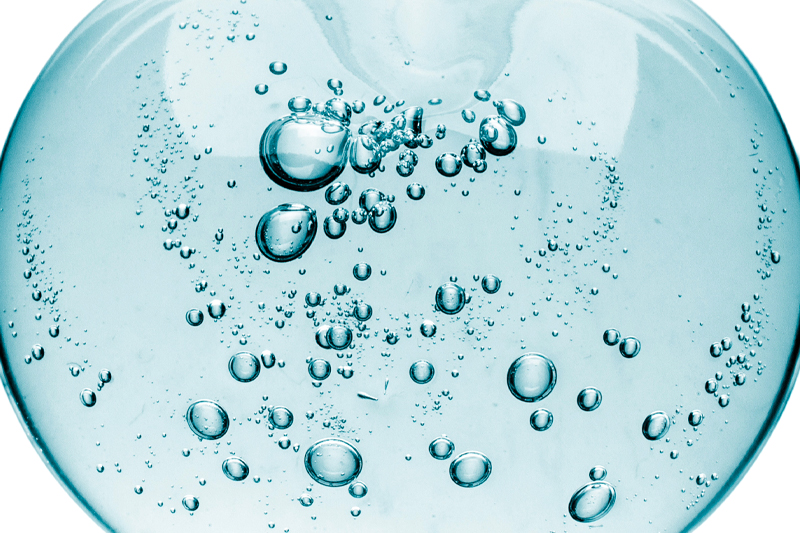
Hyaluronic acid producers are familiar with the roadblocks of: fermentations that stall when viscosity rises, batches that drift out of

Producing hyaluronic acid by microbial fermentation requires precision at every step. But one of the most decisive factors for manufacturers

Peptones are typically defined as partially hydrolyzed proteins that occur as liquids, pastes, powders, or granules. They can be obtained

Fermentation processes are considered as key technology to address global sustainability, food, and health challenges. In a context of increasing

Probiotics, renowned for their health benefits, face complex development challenges. In this interview, we will delve into groundbreaking probiotics production

Cultivating gut microorganisms for Live Biotherapeutic Products (LBP) at an industrial scale can be challenging as many of these microorganisms

Companies looking to enter the microbiome biotherapeutics market will quickly realize the vast potential for new products. However, the anaerobic

Understanding the complex relationship between nutrients and protein expression is crucial in the rapidly changing landscape of biopharmaceutical research and

In microbial culture, finding animal-free alternatives to dairy peptones is now a priority. The goal is to meet the growing

Probiotics, bioingredients, and biopharmaceutical players, dealing with microorganisms, face many challenges such as producing a satisfying yield of viable biomass

This question lies at the heart of a recent study evaluating the long-term viability and vitality of a probiotic strain